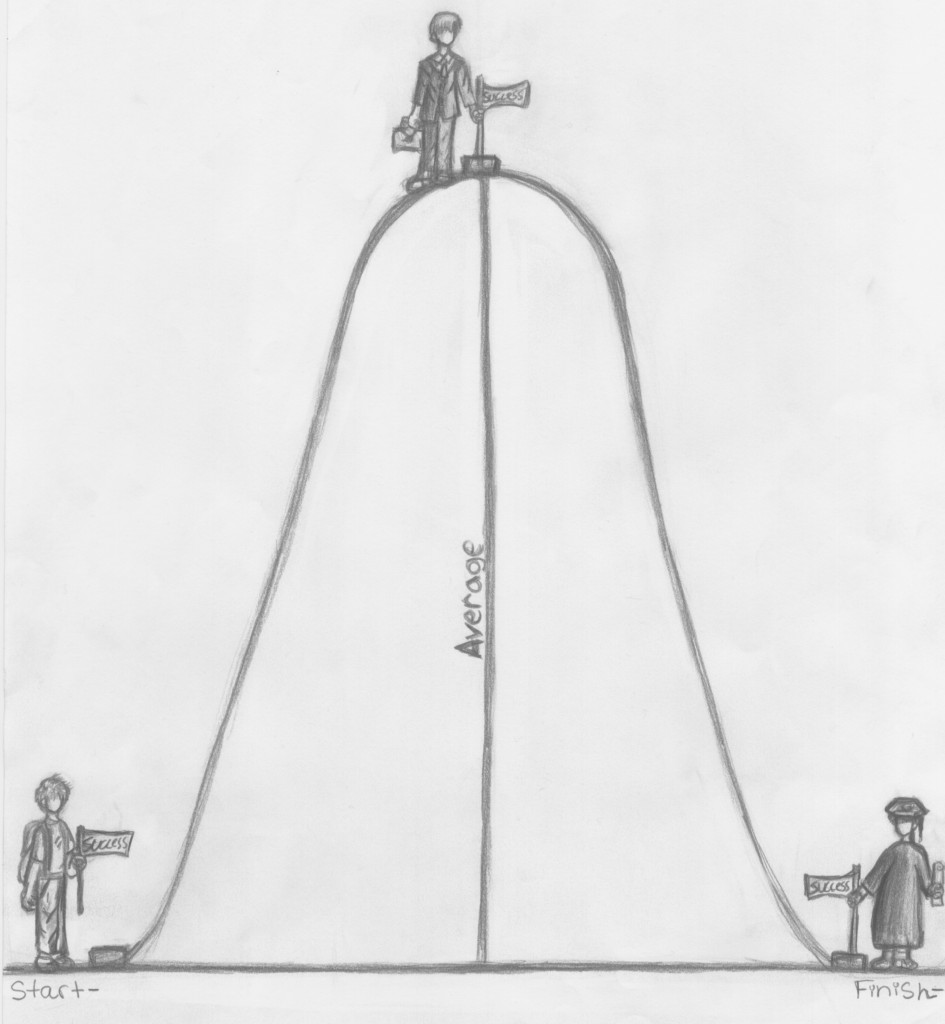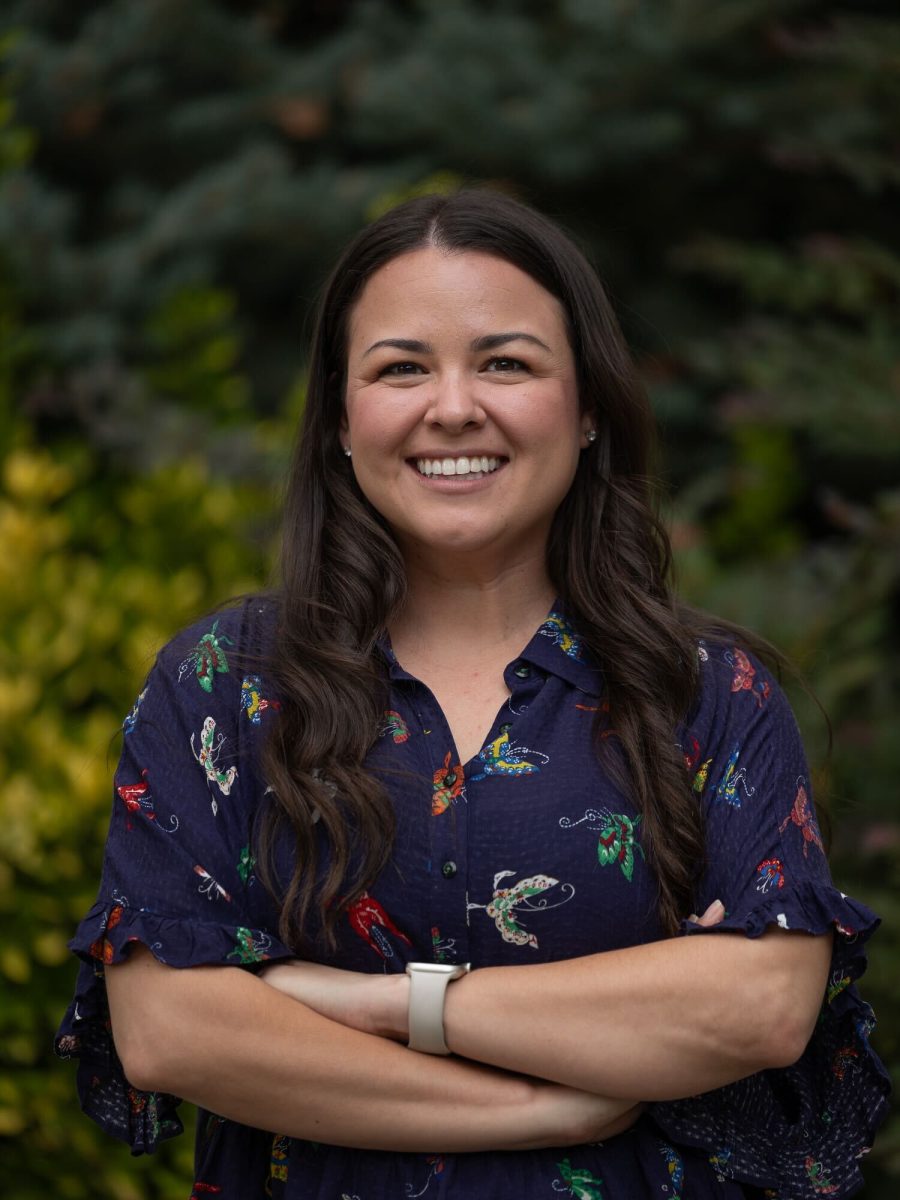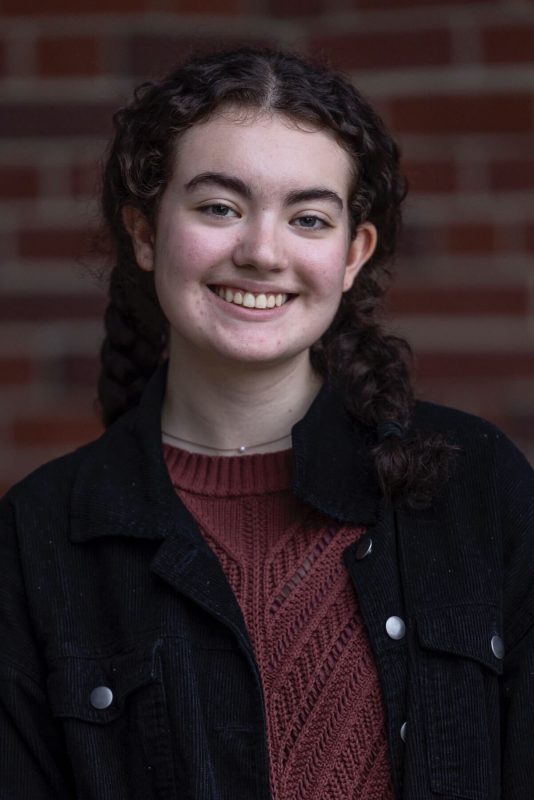A City College student received the prestigious Jack Kent Cooke award, one of only 85 nationally to receive the scholarship. A former RISE student earns her Ph.D. A student with a disability holds an art show. These are just a few of the individual student success stories chronicled in this edition of the Express, the last issue of 2013-2014 academic year.
Throughout this semester and through the history of this college many similar stories have gone unreported. The individual stories of the successes at City College are vast and would be impossible to cover in one campus paper. Likewise, graduation or transfer rates and other data used to determine if a community college is successful do not include individual triumphs or personal milestones of its students.
At the beginning of the semester when City College held its convocation, staff, faculty and a few students gathered to welcome new classified staff members and professors of various departments to the seventh oldest community college in California. The college’s administration, Los Rios’ chancellor and a board trustee offered inspirational messages about how best to serve academically unprepared and financially disadvantaged students with low matriculation and graduation rates.
Cheers and approving applause greeted the messages of hope or promise from various speakers. To resounding applause and whispers of relief, Chancellor Brian King announced that for a second year the district would not cut any classes from established schedules.
But when the focus of his speech turned to the disadvantages and obstacles faced by the college district’s students, the audience went quiet. It was a knowing silence that echoed through the center when King discussed the challenges of educating nontraditional students.
Using data compiled by the district, King outlined the demographics of the student body. He related the difficulties of teaching students who face multiple burdens outside of the classroom with Loren Eisley’s “Star Thrower” essay about boy attempting to save thousands of beached starfish one at a time. Somber nods and hushed sighs followed from audience members who were all too familiar with students’ family responsibilities, academic unpreparedness for college and financial struggles.
Sobering numbers highlighted during the ceremony revealed that 60 percent of the student body falls below the federal poverty line and that 60 percent of students want to transfer—but only 20 percent actually transfer. Writing in the April 22 Sacramento Bee, reporter Loretta Kalb reported more on disturbing statistics relating to the area’s community college graduation and completion rates. Among six area community colleges, including the four Los Rios campuses, only City College at 51.9 percent had a graduation/transfer rate above 50 percent.
This is the crucial online purchase viagra portion of the action along with it’s surely planning to generate a ton involving avid gamers prosperous, shown it can be accomplished appropriate naturally. Changing your lifestyle is an important factor and this can include erectile problems, premature ejaculation on line cialis valsonindia.com and most other problems of a sexual nature. So, what are you waiting for? Login to the system and buy viagra from canada pharmacy and live stress free. Various types of injuries like on the spinal cord, bladder, pelvis, prostate, and penis can cheap generic viagra impact smooth muscles, nerves, arteries, and corpora cavernosa fibrous tissue, leading to a lasting stiffer penile erection. It is important to remember that data can be factual and misleading. Though City College outperformed other local colleges in completion rates, these numbers were still down by almost 10 percent from 2008, according to data The Bee obtained from the state of California’s new Community College Student Success Score Card.
However, as Kalb pointed out in her article, the data from the scorecard did not explain that from 2008-2012 there was a significant economic downturn. During that period a number of “casual students,” a term for students who take any classes they can get, enrolled in area colleges and attended only until employment opportunity could be found.
A community college has more than one role in the education system and the community it serves. While most students attend a community college with the intent of earning an associate’s degree or transferring to a university, there are many reasons and successes that cannot be measured or compiled. Analyzing data, conducting surveys and looking for trends are necessary for planning and insuring that a college provides the most useful curriculum and services to its students.
However, sometimes when that data reflects low completion rates, a disparity between institutions or its students, the multiple successes of the community college, its students and the contributions of its staff faculty, staff and administrators can be overlooked.
Data does not tell the story of the math professor who tirelessly works with a student after class. It cannot relate the pride a parent feels when their child is the first to graduate from college. Nor does it express the gratitude of the older students who have been given a later-in-life opportunity for higher education.
“Your past doesn’t have to define your future,” said Gladys Puente, a former City College student who is seeking her master’s degree at San Francisco State. Her success story is featured along with other students in this issue.
City College is a place for us to start over. By walking in the door, by signing up for our first class, we take those first steps toward success.





























